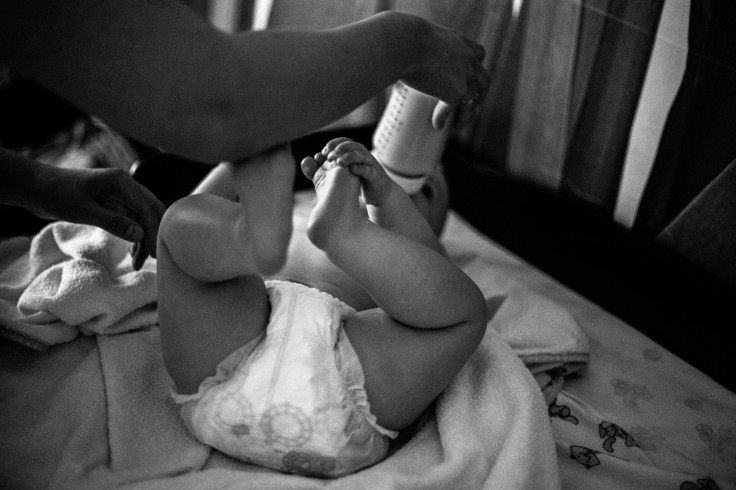
New York recently announced that it is eliminating the local sales tax on infant and adult diapers, and some states are also making a similar move.
For caregivers of newborns, toddlers, and adults that are suffering from incontinence, the move is a massive relief as diapers cover a notoriously significant expense.
According to WKBW, New York Gov. Kathy Hochul signed the "diaper initiative affordability for parents and elderly remedy act, or the "DIAPER Act" into law on Monday. The law stipulates that disposable reusable adult and children's diapers should be exempt from the 4 percent local sales tax.
States that passed tax breaks on diapers
Colorado and Iowa also made a similar move beginning in 2023. In Colorado, the sales on sales tax included menstrual products. Democratic bill sponsor Rep. Susan Lontine said these are essential products, "something that we get to decide that don't need." She added that just like they do not have sales tax on unprepared food or medication, diapers and menstrual products are essential items and must also not be taxed. Legislative analysts estimate that the tax exemption could cost Colorado a lost revenue of around $11 million a year. Democratic Rep. Leslie Herod, however, raised that the bill impacts people's finances and their "core dignity," according to CPR.org.
Florida, Maryland, and Louisiana passed similar measures that are taking effect this month. Ohio, Michigan, and other states and municipalities would also eliminate local sales tax on diapers.
Meanwhile, 31 states charged sales tax on diapers as early as June. The tax ranged from 1.5 percent in Virginia to 7 percent in Indiana, Mississippi, and Tennessee. In other states, cities and counties also add additional tariffs on diapers.
The demand for diapers
An infant would need at least 12 diapers a day, costing $70 to $80 per month per child. The cost would entail $930 per year, according to the National Diaper Bank Network, a non-profit working to eliminate diaper needs, CNN says. The cost could strain family finances, prompting them to change diapers less frequently, leading to diaper rash and other health issues.
The high cost of diapers impacts mothers, particularly poor moms of color. According to National Diaper Bank Network, one in three U.S. families find it challenging to afford diapers, and the poorest Americans who buy them spend almost 14 percent of their post-tax income on them. The group also cited that five million babies and toddlers under three live in poor, low-income families.
When the inflation spiked, these families struggled more as diapers became more expensive.
Easing the burden on families
According to Governor Hochul, lifting the financial burden of parents is a good thing. She hopes the tax break would ease the burden on families in the face of rising inflation and costs.
As per NielsenIQ, disposable diaper prices increased by 20 percent over the past year, and recent data indicates that cloth diapers also increased by 13 percent.